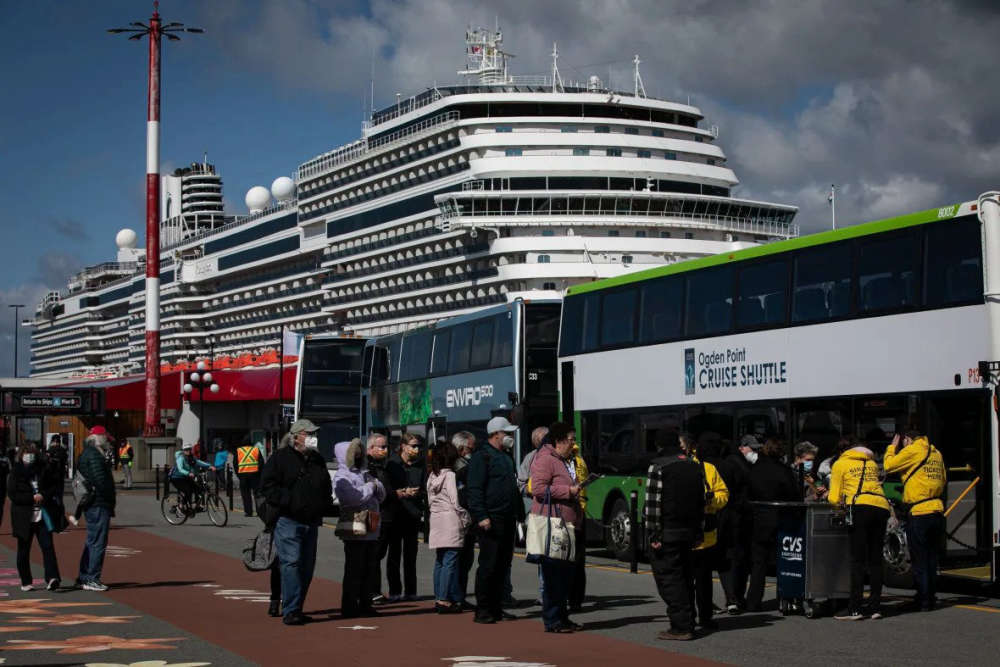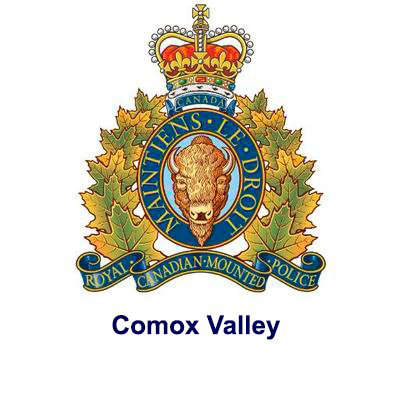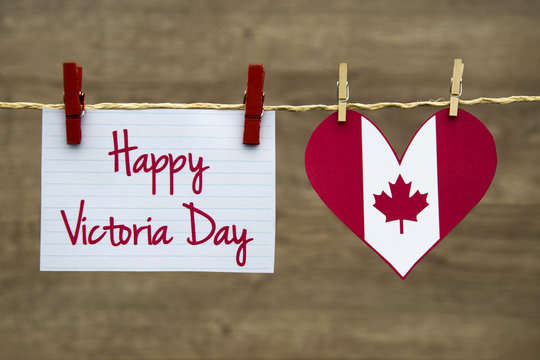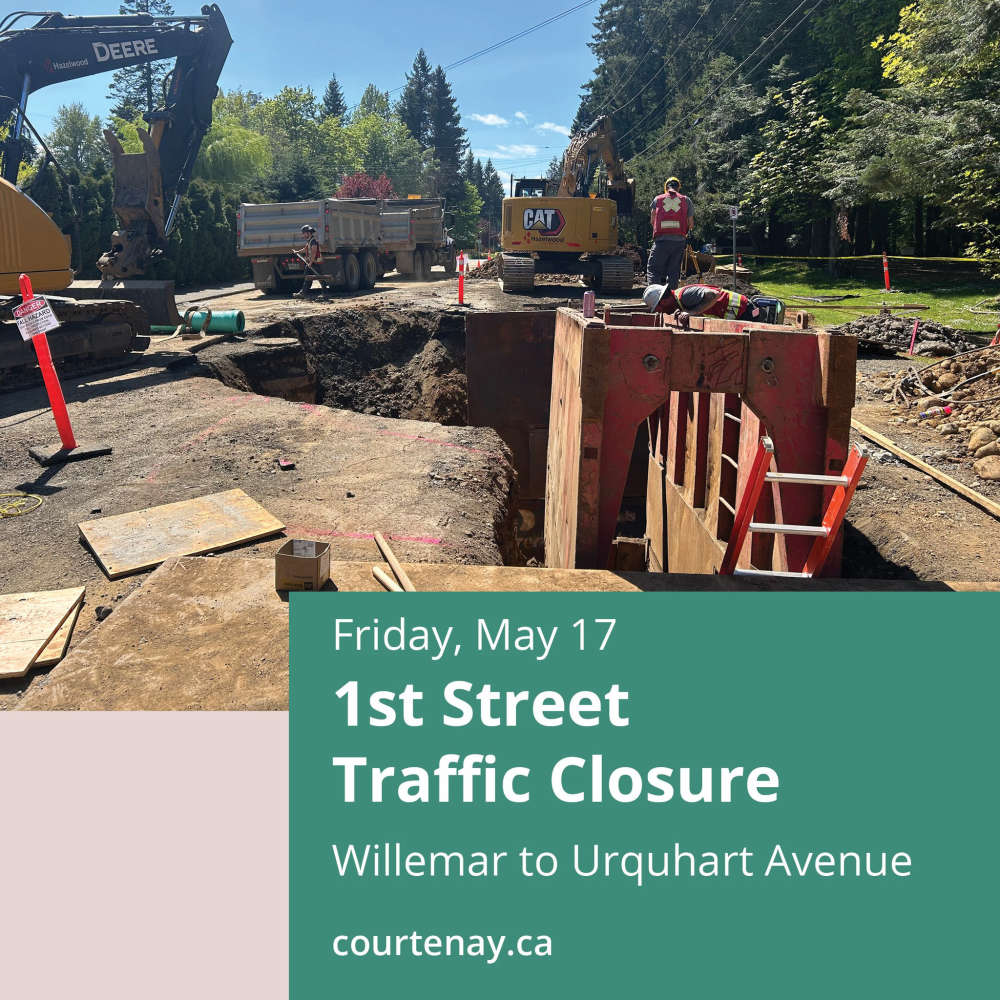
The first crowd of cruise ship passengers pulled into port in Victoria this weekend after the last two cruise seasons were canceled due to COVID.
The first crowd of cruise ship passengers pulled into port in Victoria this weekend after the last two cruise seasons were canceled due to COVID.
According to the Tourism Industry Association of B.C., cruise ships contribute about $2.7 billion annually to the provincial economy, supporting tourism-oriented businesses in coastal cities like Victoria, Vancouver and Prince Rupert.
More than 300 ships are expected to call at B.C. ports between now and November, bringing in upward of a million customers. But along with their tourist dollars are some concerns, including the possible arrival of new cases of COVID and the environmental impact of giant ships floating through delicate coastal ecosystems.
Recent research by environmental organizations warns the industry is treating the province's sensitive coast as a dumping ground for polluted wastewater, and that what bodes well for business is bad news for the environment.
Anna Barford, a shipping campaigner at environmental advocacy group Stand.earth says cruising creates more greenhouse gas emissions than air travel, and lax Canadian regulations mean billions of litres of potentially dangerous sewage, greywater and washwater are likely dumped in B.C. coastal waters every year.
According to a report released last July, Stand.earth found the environmental benefits of canceled cruises were astonishing. It showed an estimated 220 million litres of sewage, 1.8 billion litres of greywater, and 31 billion litres of washwater — enough to fill more than 13,000 Olympic swimming pools — have been kept out of the Salish and Great Bear seas.
That report found cruise ships were the top producer of wastewater despite making up only two per cent of the 5,546 ships studied in Canadian waters in 2019.
 Comox Valley RCMP Say Teenager Found Safe, But Seeking 53-Year Old Missing Man
Comox Valley RCMP Say Teenager Found Safe, But Seeking 53-Year Old Missing Man
 Communities To Celebrate Victoria Day This Weekend
Communities To Celebrate Victoria Day This Weekend
 A Lot To Enjoy At The Comox Air Show This Weekend
A Lot To Enjoy At The Comox Air Show This Weekend
 Road Closure On 1st Street In Courtenay Today
Road Closure On 1st Street In Courtenay Today
 Historic Haida Aboriginal Title Legislation Receives Royal Assent
Historic Haida Aboriginal Title Legislation Receives Royal Assent
